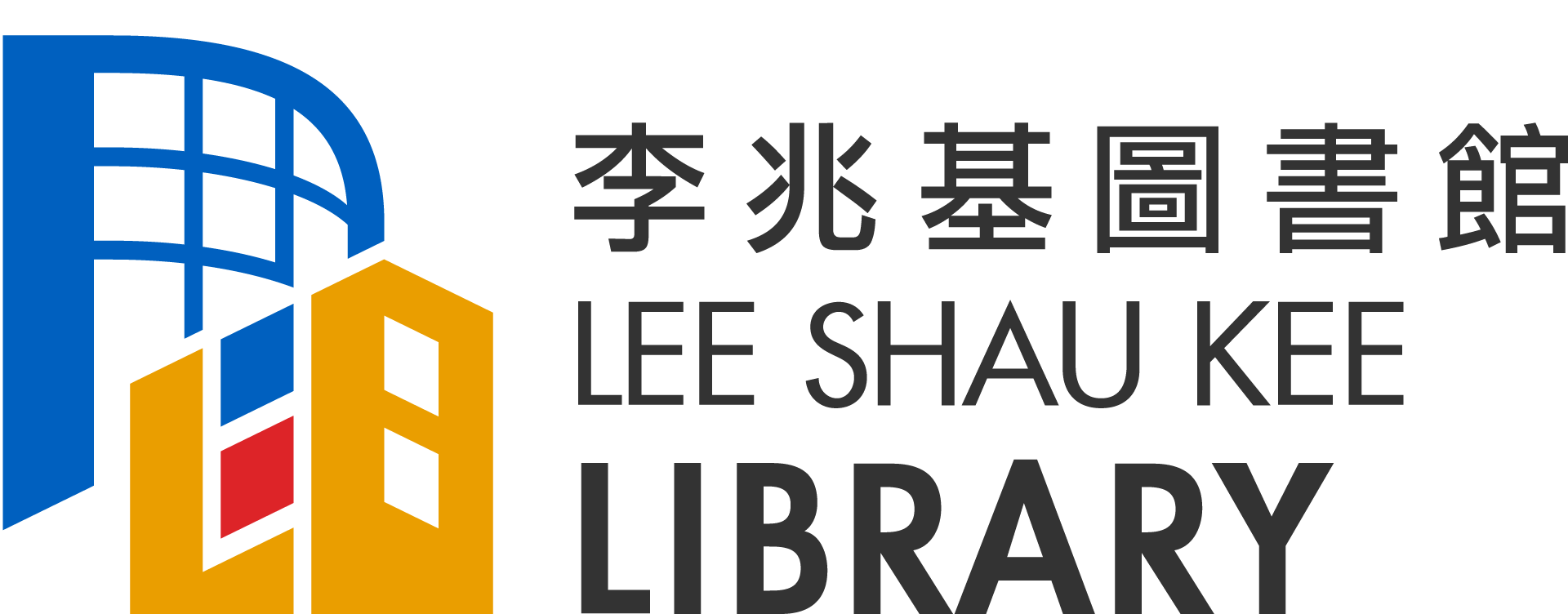Empowering Research Discovery: Transformative AI Technologies in Scholarly Communication
This symposium brings together three captivating talks that showcase the impact of AI technologies on research discovery and scholarly communication.
In the talks, we will:
- Explore how advancements in large language models (LLMs) transform academic search engines by enhancing result reliability and reducing hallucinations.
- Discover an open-source tool that employs machine learning to significantly streamline the manual screening process for systematic reviews and meta-analyses.
- Uncover the potential of Generative AI in improving scholarly communication, making research more accessible through short summaries and engaging visuals that enhance understanding and captivate a wide range of readers.
Join us on this exciting journey and unlock new levels of research impact through the power of AI!
The seminars will be conducted online via Zoom and all HKUST staff and students are welcome to join. The seminars consist of speakers’ presentations as well as discussion and Q&A. For enquiry, contact Library Research Support at lbrs@ust.hk.
Follow us on twitter @HkustSc and join the discussion using hashtags #HKUSTResearch
| 14 November 2023 2:30 pm - 4:00 pm | Search Engine and Large Language Models – Can they truly change the game? | Recording |
|---|---|---|
Abstract About the Speaker | ||
| 15 November 2023 4:00 pm - 5:30 pm | Saving Time and Sanity: Using active learning for systematic reviews and meta-analyses | Recording |
|---|---|---|
Abstract About the Speaker | ||
| 22 November 2023 10:30 am - 12:00 pm | Generative AI for Translational Scholarly Communication | Recording Sign In Required |
|---|---|---|
Abstract About the Speaker | ||
Acknowledgement
When organizing this event, we received very useful advice from Mr. Aaron Tay. The Library would like to express heartfelt gratitude for his help.
Online via Zoom








